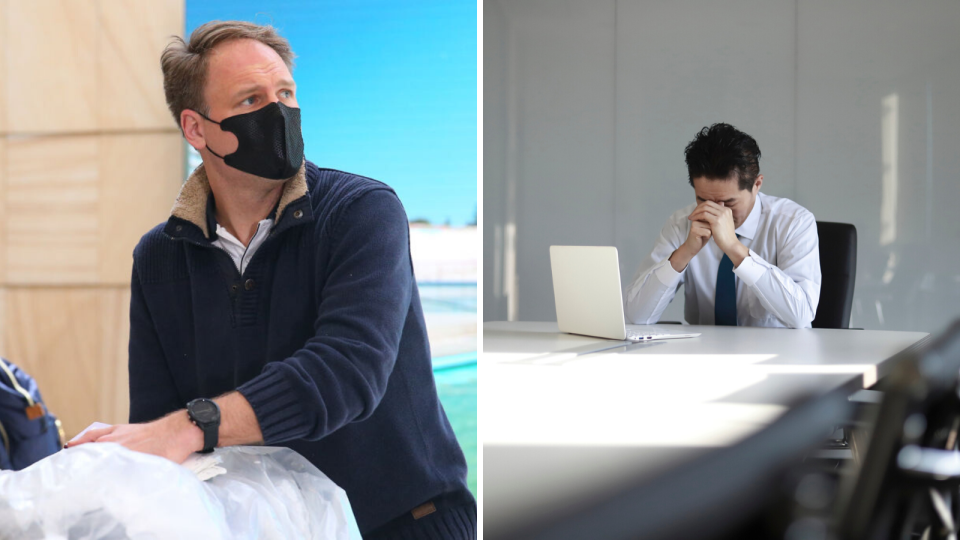Staff who can’t work from home amid coronavirus could be ‘stood down’

The coronavirus outbreak has forced the world’s largest work-from-home experiment, with companies in China, Australia, the US and Japan telling staff to stay home to stop the spread of the virus.
But for staff in particular industries, like teachers and healthcare workers, who can’t do their job from home, this is proving somewhat difficult - and in some cases, they could be forced to stand down.
“Whilst the coronavirus issue has not as yet reached this stage, it is possible that it gets to a stage where there is a stoppage of work for any cause for which the employer cannot reasonably be held responsible, that employees could be stood down without pay,” Kelly Godfery, principal solicitor at Employment Lawyers Australia told Yahoo Finance.
“This no doubt might lead to industrial disputes in the Fair Work Commission,” she said.
Also read: All the Aussie companies telling staff to work from home
Also read: How to not go crazy while working from quarantine
I started working from home full-time: Here’s what happened
What happens if my employer asks me to take leave?
If working from home isn’t an option, you could be asked to take leave too.
“Where employees do not have leave available, some employers and employees are negotiating paid leave to be taken in advance or to take unpaid leave,” Godfery said.
But each case would be different, and every employee would need to consult their contract, award or enterprise agreement to be sure, Godfery said.
According to Fair Work, where an employer directs a full-time or part-time employee not to work, the employer would ordinarily be responsible to pay the employee.
Medical certificates needed
If you’ve travelled back from a high risk country, your employer could request that you provide them with a medical certificate before being able to return to work.
“Under Work Health safety legislation both the employer and employee have an obligation to protect health, welfare and safety,” Godfery said.
“The direction to provide the medical certificate would have to be reasonable in all the circumstances and have some basis to it, like the employee is exhibiting symptoms, has returned from a country which is high risk or to which alert warnings pertain.
“There may then be an argument about what happens to payment of wages whilst the employee obtains the medical certificate and whether the direction is reasonable in the circumstances.”
Again, Godfery said employees would need to consult their contract, award or enterprise agreement to determine whether or not your employer is obliged to pay in these circumstances.
What if I want to stay home as a precaution?
According to Fair Work, if you want to stay home as a precaution against contracting coronavirus, you’ll need to either make a request to work from home (if that’s possible), or take some form of paid or unpaid leave.
“These requests are subject to the normal leave application process in the workplace,” Fair Work stated.
Make your money work with Yahoo Finance’s daily newsletter. Sign up here and stay on top of the latest money, news and tech news.
Follow Yahoo Finance Australia on Facebook, Twitter, Instagram and LinkedIn.

 Yahoo Finance
Yahoo Finance 